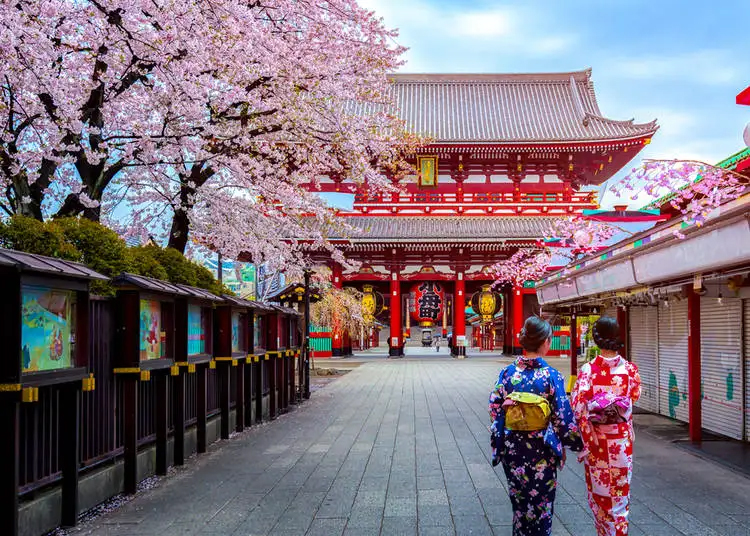Japan
Work in Japan
Japan provides a stable and well-regulated work environment with opportunities for career advancement. Additionally, the country offers competitive salaries and benefits, which can significantly improve the standard of living. Furthermore, Japan's advanced technology and efficient work practices provide valuable skills and knowledge that can enhance career prospects both in Japan and globally. Moreover, living in Japan provides exposure to a rich culture and the opportunity to learn Japanese, which can broaden horizons and facilitate personal growth.


Visit in Japan
For Nepalese citizens planning to visit Japan as tourists, the visitor visa typically allows stays of up to 90 days. Eligibility criteria include a valid passport, proof of sufficient funds, a travel itinerary, and a clean criminal record. The application process involves filling out a form, scheduling an appointment, submitting required documents, paying the visa fee (around NPR 3,000 to NPR 5,000), attending an interview if necessary, and awaiting processing, which usually takes 5-7 working days. It's essential to verify current requirements and procedures with the Japanese embassy or consulate in Nepal before applying.
Study in Japan
The Japan student visa offers Nepalese citizens the opportunity to pursue education in Japan, providing a duration of stay typically covering the length of their academic program plus additional time for preparation or job hunting. Eligibility requirements include acceptance by a recognized Japanese educational institution, financial stability to cover tuition fees and living expenses, a clean criminal record, and health insurance. The step-by-step application process involves obtaining acceptance from a Japanese institution, obtaining a Certificate of Eligibility (COE), submitting required documents, attending an appointment at the Japanese embassy or consulate, paying the visa fee, and awaiting processing, which usually takes 5-10 working days.

F.A.Q.
Frequently Asked Questions
Typically, a tourist visa allows stays of up to 90 days for Nepalese citizens.
Tourist visas can usually be extended only in exceptional circumstances, such as serious illness or natural disasters.
No, tourist visas do not permit any form of employment in Japan.
While it’s recommended to have a travel itinerary, it’s not always mandatory. However, having these documents can strengthen your application.
Yes, you can travel to other countries while on a tourist visa in Japan, but ensure you adhere to the visa requirements of those countries.
The duration of stay typically corresponds to the length of the academic program, plus an additional period for preparation or job hunting, usually around 1-2 years.
You need a job offer from a Japanese employer who will sponsor your visa. They will typically handle the application process.
Requirements include a job offer, relevant qualifications or experience, and sometimes Japanese language proficiency, depending on the job.
Yes, you can change jobs on a work visa, but you will need to inform the immigration authorities and may need to apply for a new visa.
Yes, under certain conditions, you can sponsor family members for dependent visas.
You typically need to have lived in Japan for a certain number of years, demonstrate stable income, and show ties to Japan.
Permanent residents have the right to live and work in Japan indefinitely, access to social services, and the ability to sponsor family members for visas.
Immigration requirements vary depending on the type of visa and personal circumstances. It’s essential to meet the specific criteria and provide the necessary documentation.
Yes, but the process is stringent and typically requires living in Japan for a minimum number of years, demonstrating proficiency in Japanese, and meeting other criteria.
Yes, you can sponsor family members for dependent visas if you meet the necessary criteria.
Japan provides various support services for immigrants, including language education, employment assistance, and community integration program
